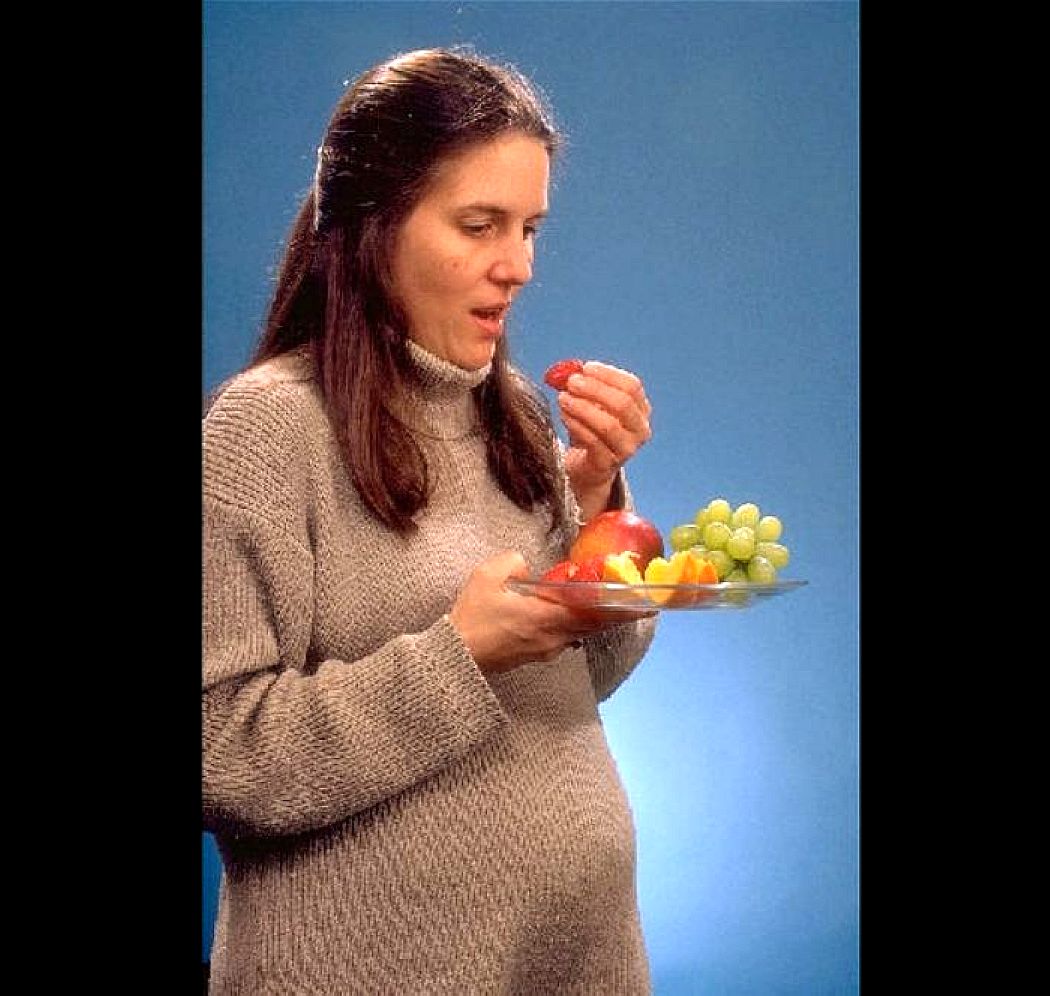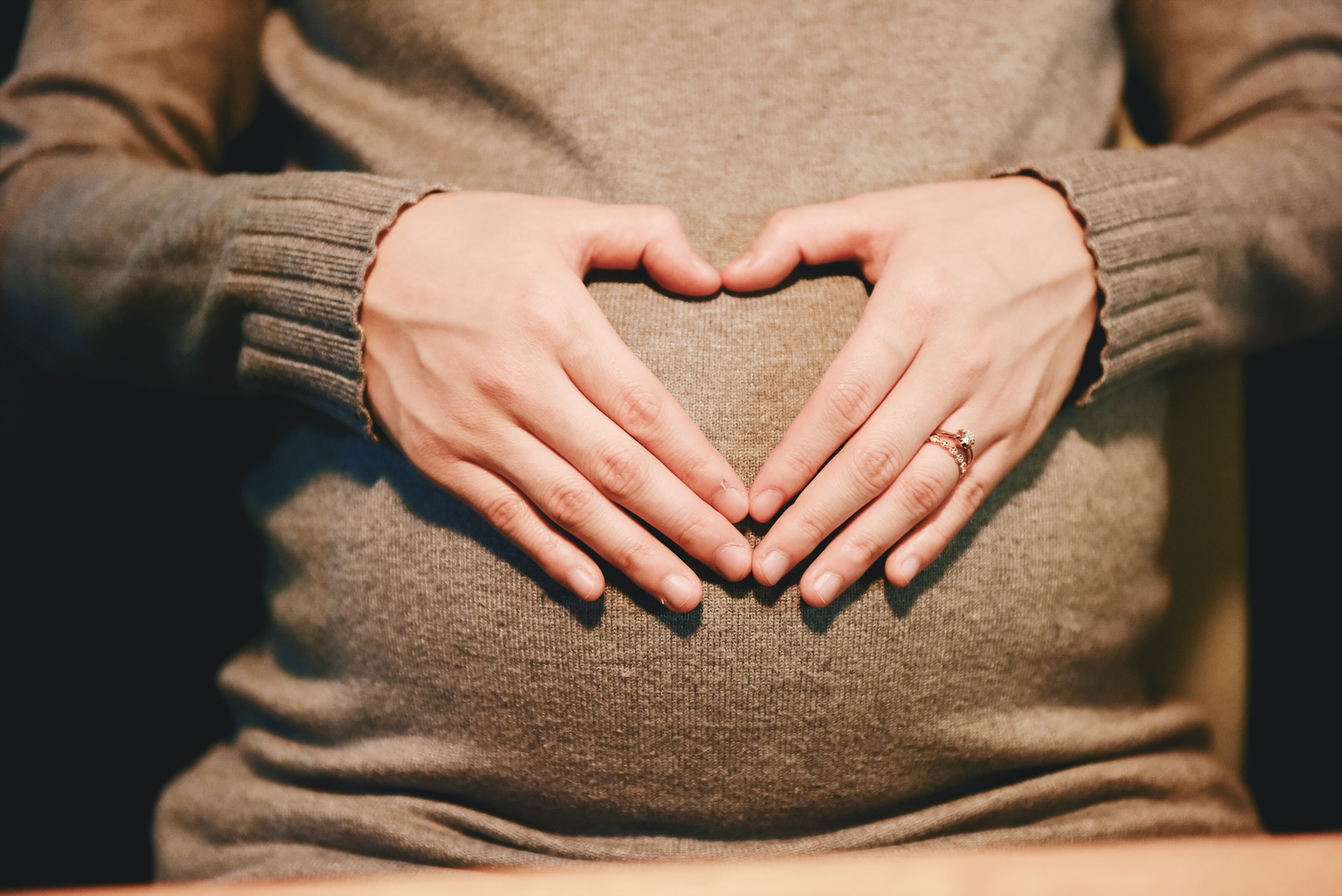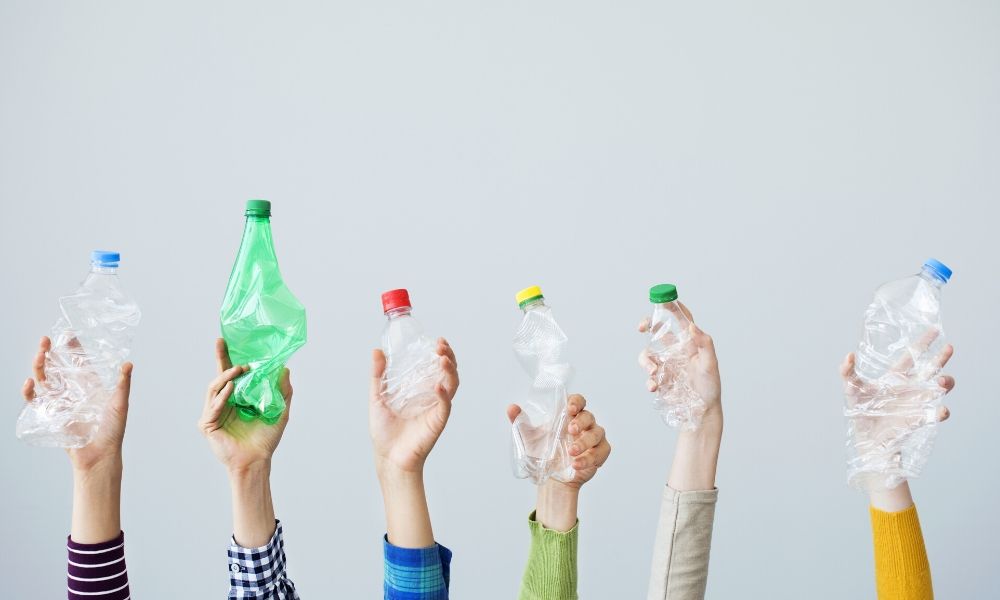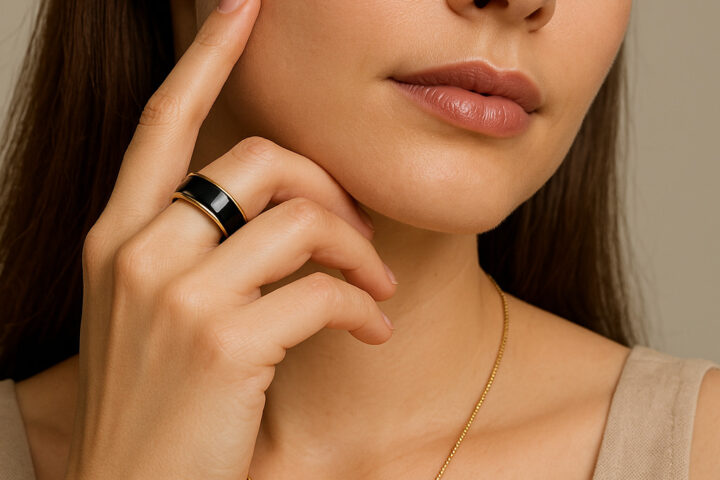by Dr. Amanda Tavoularis (dentably.com)
Pregnancy can be simultaneously the most exhilarating and terrifying time of your life. There are tons of new things to learn, and you’re constantly worrying about what to do and what to avoid. You’re trying to learn new things and avoid potential dangers. The last thing on your mind is your oral hygiene, but it can have a massive impact on the health of you and your baby!
Take some time away from trying to find the best baby name and how to rearrange your entire life, and remember that you still need to care for yourself – including your teeth. Moms often make the mistake of worrying so much about their child that they forget to care for themselves, and happy babies are a result of loving moms who are healthy and in control.
You can find some amazing tips about maintaining great oral hygiene from the ADA that are specifically geared towards pregnant women. Most of these tips revolve around brushing, flossing, and remembering that you don’t need to skip the dentist because they know how to avoid medications that will adversely affect your baby.
This article is going to focus on how to structure your pregnancy diet around both oral health and the health of your growing baby. I’ve been working with a lot of pregnant women on optimizing their diets for over 20 years, and now I’m sharing these tips with you!
Food to Avoid
There are a lot of foods pregnant women crave that are not part of a balanced diet or adequate oral care maintenance. Yes, there are weird pregnancy cravings like pickles, mayonnaise, and more… but more often than not, moms will get a giant sweet tooth while pregnant.
It’s safe to let your body have a little of these sweets, but processed food and junk are bad for your baby. Overindulging can also lead to cavities and a myriad of other oral health problems. Make sure you brush and floss immediately after splurging on any of these foods.
You also want to avoid too much caffeine and red meats, especially if they’re undercooked or rare. While fish is usually a great part of a healthy diet, eating fish that are high in mercury can be terrible for your child.
Anything raw or unwashed is really bad as well. Make sure that you are thoroughly washing any produce before eating it, and consider cooking it off a bit to be safe. Cook all meat you do consume and skip the shellfish, sushi, and rare steak. This includes dairy products that are unpasteurized.
Eat This Instead
Although there are some things you can’t eat, there are also several things you should eat. Most foods will fall into a neutral zone – they aren’t especially bad for you, but they’re also not going to help. These are some of the essential nutrients to ensure you are eating while pregnant.
Calcium
Calcium is critical to a growing body’s bones, including the jawbones. Eating calcium-fortified foods like almonds, sesame seeds, cereals, leafy greens, and milk (pasteurized only) will help you take in the 1,000 milligrams you should absorb each day while pregnant. Just remember to avoid the sugary cereals when you’re looking.
Vitamin C
Vitamin C helps the nerves and pulp inside your teeth function properly and stay strong. If you don’t take in 80 to 85 milligrams each day, your child’s teeth may not have enough dentin, which is the substance below the enamel that keeps teeth hard and strong.
Foods like broccoli, kiwi, kale, and Brussels sprouts all contain a lot of this vitamin. Also, Oatmeal can be very recommendable according to this article from Proper Good. Chewable vitamin C tablets are not as good of an idea as a lot of people think because of their high acidity level. These options actually wear down your tooth’s enamel instead.
Vitamin D
Vitamin D lets your baby’s bones develop and helps them to absorb important minerals like calcium. It also helps develop strong teeth. Pregnant women should take around 600 IU per day. A single glass of fortified milk has around 100 of them.
Vitamin D is the mineral that you absorb when you’re out in the sunlight, so take some sunny walks to help with this. It’s also found in fatty fish and fortified foods. Just remember to avoid raw fish, fish high in mercury, and sugary fortified cereals.
Phosphorus
Phosphorus is in the same bone health family as calcium and magnesium. Without the right amount of phosphorus in your diet, your baby may end up with malformed teeth and you and your baby are both at a higher risk for cavities.
You need to have about 700 milligrams of phosphorus each day. Chicken, dairy, nuts, seeds, and beans are all great sources for this food. They’re all also very healthy for oral hygiene. Just be sure to floss!













